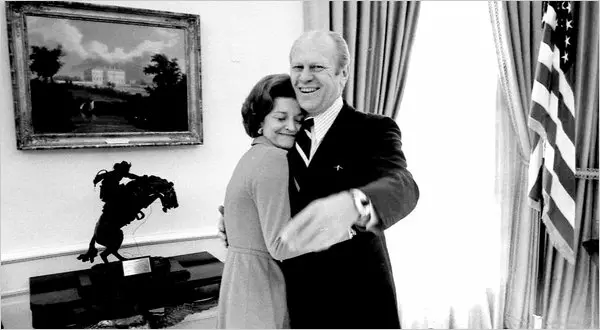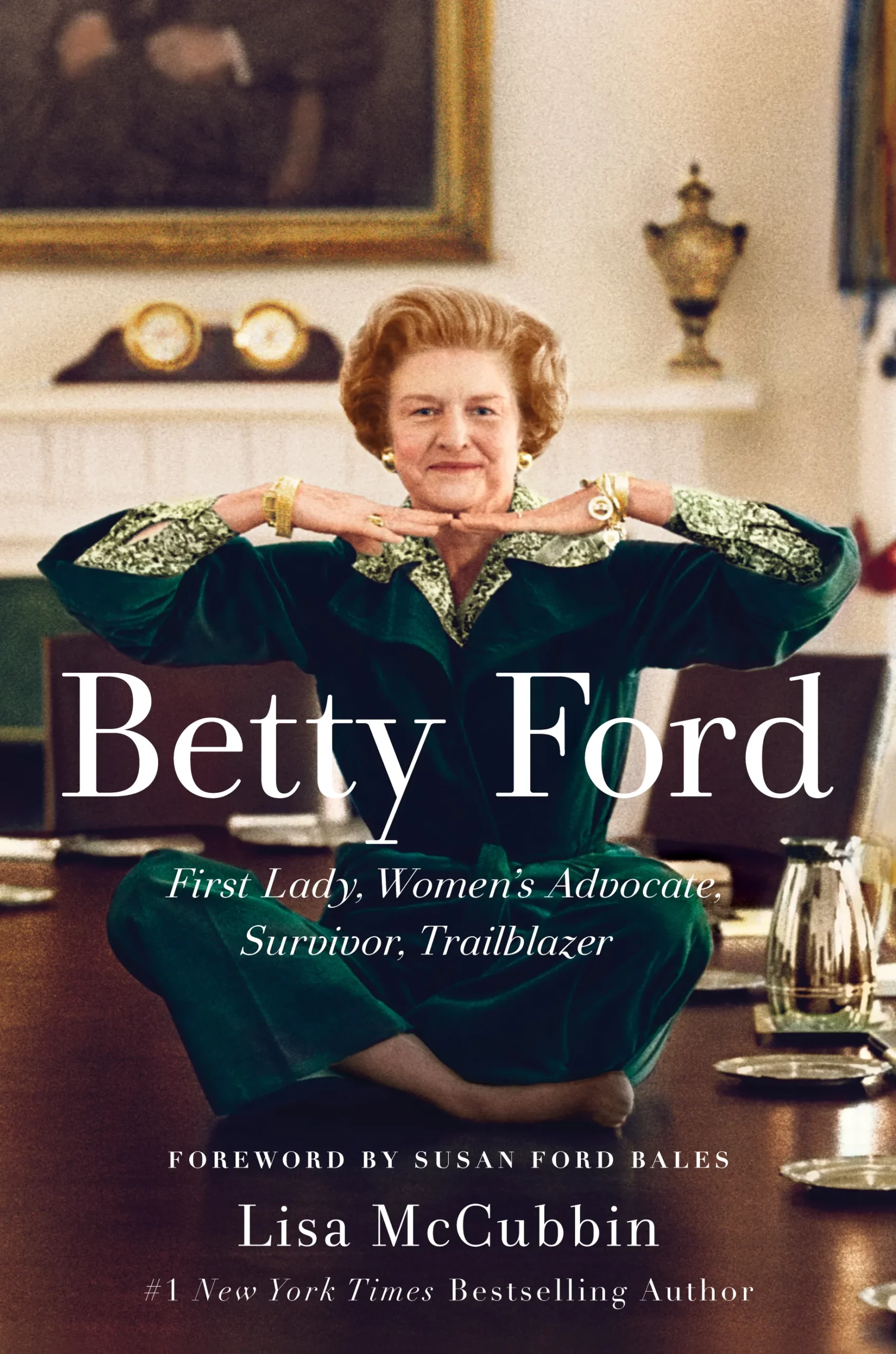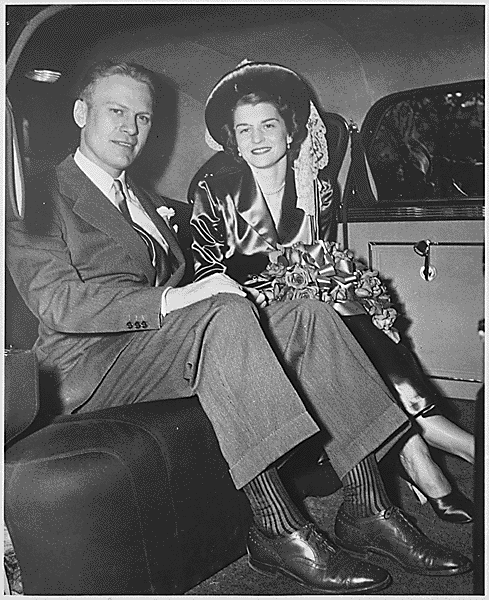Betty Ford is one of the most iconic figures in American history, known for her advocacy and dedication to women’s health and rights. In honor of Women’s History Month, we remember Betty Ford and her contributions to society.
Toc
Born on April 8, 1918, in Chicago, Illinois as Elizabeth Bloomer, she grew up during a time when women were expected to conform to traditional gender roles. However, Betty had a rebellious spirit and was determined to challenge societal norms.
Introduction to Women’s Health and Rights

At the time, women’s health was a taboo subject that was rarely discussed openly. However, Betty Ford broke this silence by publicly sharing her experience with breast cancer in 1974. This courageous act sparked a national conversation about women’s health and brought much-needed attention to issues such as breast cancer awareness and treatment.
But her impact did not stop there – in 1978, she also publicly shared her struggles with addiction and alcoholism, becoming one of the first high-profile individuals to bring attention to these issues. Her honesty and openness helped reduce the stigma surrounding addiction and inspired many others to seek help.
Early Life and Background
Born Elizabeth Anne Bloomer on April 8, 1918, in Chicago, Illinois, Betty Ford’s early years were marked by her passion for dance and the arts. She trained under the renowned choreographer Martha Graham, which instilled in her a lifelong appreciation for creative expression. After marrying Gerald Ford in 1948, Betty’s life took a turn towards public service as her husband pursued a career in politics.
Despite facing personal challenges, including a struggle with addiction and a battle with breast cancer, Betty’s resilience and determination never wavered. Her experiences would later fuel her advocacy efforts and shape her approach to public life.
A Pioneer in Women’s Rights
Along with her contributions to women’s health, Betty Ford was also a trailblazer for women’s rights. As First Lady, she used her platform to advocate for the Equal Rights Amendment and reproductive rights. She was a vocal supporter of Planned Parenthood and played a significant role in its funding during her husband’s presidency.
In addition to her work on behalf of women, she also championed the rights of marginalized communities, including the LGBTQ+ community and people with disabilities.
Legacy and Impact
Betty Ford’s legacy continues today through the Betty Ford Center, which she co-founded in 1982. The center has helped countless individuals struggling with addiction and remains a leading facility for treatment and recovery.
Her impact on women’s health and rights is also evident in the advancements made in these areas since her time as First Lady. Thanks to her efforts, women’s health issues are now openly discussed and prioritized, and laws have been passed to protect women’s rights.
A First Lady Unlike Any Other
In 1948, Betty married Gerald R. Ford Jr., who would later become the 38th President of the United States. As First Lady, she used her platform to advocate for issues close to her heart, such as equal rights for women and access to quality healthcare.
Her activism continued even after leaving the White House – in 1982, she co-founded the Betty Ford Center, a renowned addiction treatment facility that has helped countless individuals overcome substance abuse. Her legacy lives on through the center’s ongoing work and support for those struggling with addiction.
A Champion for the Equal Rights Amendment

One of Betty Ford’s most significant contributions to women’s rights was her unwavering support for the Equal Rights Amendment (ERA). The ERA aimed to guarantee equal legal rights for all Americans regardless of gender, and Betty was one of its most vocal supporters.
During her time as First Lady, she worked tirelessly to promote the ERA and addressed Congress on multiple occasions to urge them to ratify it. Although the amendment ultimately did not pass, Betty’s activism helped pave the way for future progress in women’s rights.
Remembering Her Impact
In 1987, President Reagan awarded Betty Ford with the Presidential Medal of Freedom – the highest civilian honor in the United States. This recognition solidified her status as a trailblazer and a pioneer in women’s health and rights.
Betty Ford passed away on July 8, 2011, at the age of 93, but her legacy lives on through her contributions to society. She will always be remembered as a fearless advocate for women’s health and rights and a champion for those struggling with addiction. Her enduring impact continues to inspire future generations to speak out and fight for what they believe in. As we honor Betty Ford during Women’s History Month, let us also remember her courage, determination, and unwavering commitment to creating a better world for all.
Advocacy for Women’s Health and Rights
Betty Ford’s commitment to women’s health and rights extended beyond her personal experiences and public speaking engagements. She actively participated in initiatives aimed at improving the lives of women both nationally and internationally. Her work with organizations like the National Organization for Women (NOW) and the International Women’s Health Coalition showcased her dedication to ensuring that women had access to necessary health services, education, and support. Ford believed that empowering women meant advocating for their autonomy and well-being, leading her to support policies that created more equitable opportunities in education and the workplace. Through her tireless efforts, she inspired a generation of women to take control of their health and assert their rights, fostering a legacy of empowerment that resonates today.
Personal Anecdotes and Quotes

Throughout her life, Betty Ford shared personal anecdotes and words of wisdom that continue to inspire others. Here are some notable quotes from this remarkable woman:
- “Being ladylike does not require silence.”
- “I think the biggest disease the world suffers from in this day and age is the disease of people feeling unloved.”
- “One’s dignity may be assaulted, vandalized, cruelly mocked, but it can never be taken away unless it is surrendered.”
- “What I am is what I am. Are you what you are – or what?”
Creation of the Betty Ford Center
Betty Ford’s personal struggles with addiction and her subsequent recovery inspired her to establish the Betty Ford Center in 1982. The center, located in Rancho Mirage, California, aimed to provide a safe and supportive environment for individuals struggling with substance abuse.
Betty’s vision for the center was to create a place where those dealing with addiction could receive treatment without facing judgment or stigma. Her dedication to this cause helped change the perception of addiction and encouraged people to seek help without fear or shame.
Today, the Betty Ford Center continues to be a leader in addiction treatment, helping thousands of individuals on their road to recovery. The impact of Betty Ford’s compassion and advocacy can be seen through countless success stories of those who have found hope and healing at the center.
Honoring Betty Ford’s Legacy
Betty Ford’s influence and legacy can still be felt today, reminding us to speak up for what we believe in and to never give up on our convictions. Her dedication to women’s health and rights continues to inspire activists around the world, and her courage in sharing her own struggles with addiction has helped reduce the stigma surrounding mental health.
As we celebrate Women’s History Month, let us remember Betty Ford’s impact on society and continue to honor her legacy by advocating for a more equitable and compassionate world for all. So let us take inspiration from Betty Ford’s life story and use it as a reminder to speak out, support others, and create positive change. As Betty herself once said, “I have a strong belief that no one needs to feel alone on this journey [of recovery].” Let us honor her legacy by standing together and supporting one another in our own journeys toward a better tomorrow. Her impact will continue to be felt for generations to come and serves as a testament to the power of determination, compassion, and perseverance. Betty Ford may have passed away, but her legacy lives on through the many lives she touched during her remarkable life. Let us honor her memory and strive towards creating a world where everyone has equal opportunities and access to essential resources – just like Betty Ford envisioned.
The Importance of Advocacy and Education
In reflecting on Betty Ford’s legacy, it becomes clear that advocacy and education are crucial components in driving change. Betty believed that knowledge empowers individuals to make informed decisions about their health and well-being. Through her work, she emphasised the need for comprehensive health education that includes discussions about addiction, mental health, and women’s rights. By equipping people with the tools and information they need, she aimed to break down barriers and encourage dialogue about these often-stigmatized topics.
Moreover, Betty understood the importance of community support in fostering a culture of acceptance and healing. Her efforts in creating spaces where individuals can share their experiences and struggles play a vital role in transforming societal attitudes towards addiction and mental health. As we continue to advocate for these issues, we must remember the impact of community and solidarity in creating safe environments that encourage open conversation and promote healing. Betty Ford’s vision of a world where everyone feels valued and supported reminds us that each of us has a role to play in the pursuit of justice and compassion for all. So let us continue to educate ourselves and raise our voices in advocating for a better world, just like Betty Ford did. Her story serves as a reminder of the power of one person’s determination to create change and inspires us to do the same in our own lives. As we celebrate Women’s History Month, let us honor Betty Ford by carrying forward her legacy and creating a brighter future for generations to come. Our efforts may seem small at times, but together, they can make an immeasurable impact on creating a more equitable and compassionate world for all. Let’s continue to learn from Betty Ford’s example and use it as inspiration to keep working towards a better tomorrow. As she once said, “The search for human freedom can never be complete without freedom for women.” Let us continue the journey towards true freedom and equality together. So let us remember Betty Ford’s legacy and strive to make a positive impact in our own communities, just like she did. The power of one person’s determination and compassion should never be underestimated, and we can all follow in her footsteps by advocating for what we believe in and creating change wherever we go. As Betty herself once said, “I have had many challenges but I have overcome them. And so can you.” Let us honor her memory by facing our own challenges with strength, courage, and resilience – just as she did throughout her extraordinary life.
Conclusion

Betty Ford’s enduring legacy serves as a powerful reminder of the impact one individual can make when driven by compassion, courage, and a commitment to justice. Her advocacy for women’s rights and mental health continues to resonate in today’s society, urging us to challenge outdated norms and to strive for a world where every person can access the resources they need to thrive. As we reflect on her life, we are reminded that progress demands perseverance and that it is vital to uplift the voices of those who have been historically marginalized.
As we move forward, let us carry Betty’s message of empowerment into our everyday lives, promoting awareness and understanding surrounding addiction and women’s health. Engaging in informed advocacy and education not only honours her legacy but also fosters a culture that embraces change and nurtures the well-being of all individuals. In the spirit of Betty Ford, let us stand united, ensuring that no one feels alone in their journey, and work towards a more equitable and compassionate future for generations to come.









